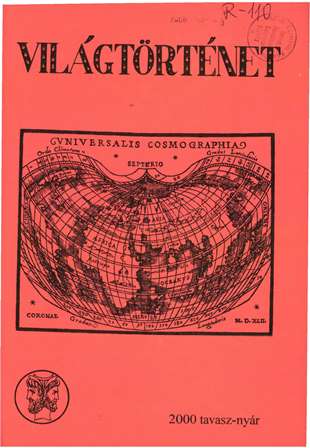
Polskié mity polityczne XIX i XX wieku
Polskié mity polityczne XIX i XX wieku
Book review: Polskié mity polityczne XIX i XX wieku
More...
Book review: Polskié mity polityczne XIX i XX wieku
More...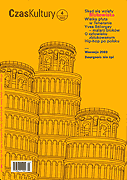
Keywords: contemporary Polish literature; Tamara Bołdak-Janowska
Review on Tamara Bołdak-Janowska: — Ach, moje drogie życie, Borussia, Olsztyn 2002. — Ta opowieść jest po prostu za szybka, któż ją wytrzyma, Wydawnictwo Ruta, Wałbrzych 2002.
More...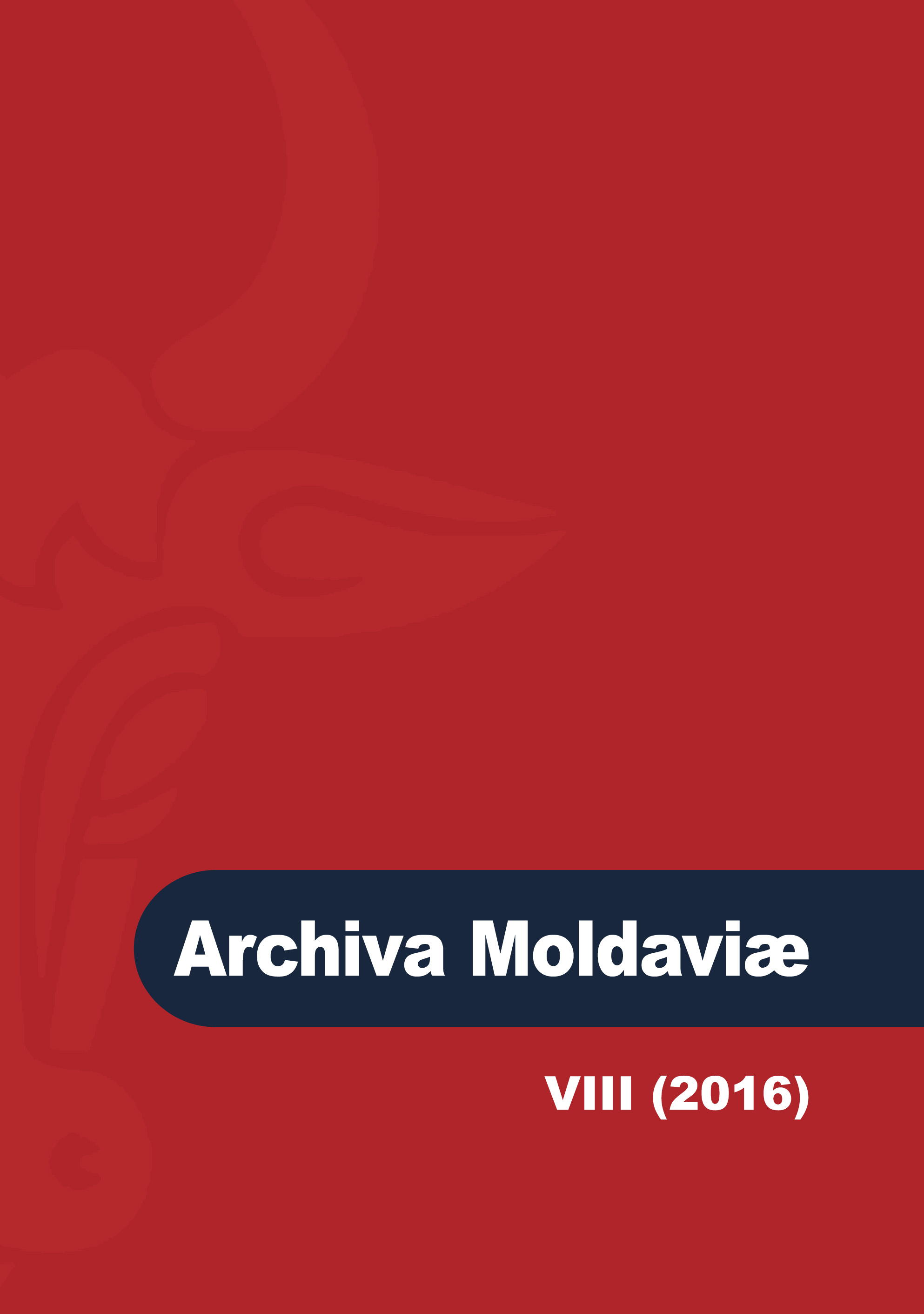
Keywords: Romanian archaeology; Sovietization; new doctrine of language; “Japhetic” theory; “stage” theory; Marxism; Slavic question.
This article addresses two aspects of the Sovietization of Romanian archaeology: the first aspect is the impact of the “Japhetic” theory – put forth by the Soviet linguist Nikolai Marr – on this academic discipline; the second one examines the advent of the Slavic question as a new priority in Romanian archaeological research. Chronologically, this analysis begins with 1948 when the new pro-Soviet regime, shortly after being established, starts to be interested in the ideological potential of archaeology, and stops mid-1950s, when the entire Romanian historiography, including archaeology, gradually begins to return to the tradition of the “capitalist” period, heavily influenced by nationalist discourse. Regarding the “Japhetic” theory, it was found that despite the efforts of ideologues of the new regime, this theory had virtually no impact on Romanian archaeology – and this is being explained by a tacit resistance of archaeologists who were trained in the “capitalist” era, in an anti-Soviet environment. Additionally, this study admits the idea that Romanian archaeologists also did not have enough time to apply this theory, because in 1950 it was criticized by Stalin himself. As for the Slavic question, this paper notes that in the research plans of archaeologists it had a strong utilitarian connotation. Identification of Slavic material traces in the Romanian People's Republic had to justify geopolitical orientation of the country, at the same time it was symbolizing loyalty to its large eastern neighbour. However, like in the case of the “Japhetic” theory application, this study points out the presence of a strong reluctance by Romanian archaeologists in the study of this question, reluctance that can be explained by the same anti-Soviet and even anti-Russian attitude of the Romanian archaeologists. On the other hand, we acknowledged that inside the archaeological community, propagandist Mihail Roller, the one who determined the main objectives of Romanian archaeology during this period, was perceived as an intruder, a fact that could also explain Romanian archaeologists’ reluctance concerning the research of the Slavic question.
More...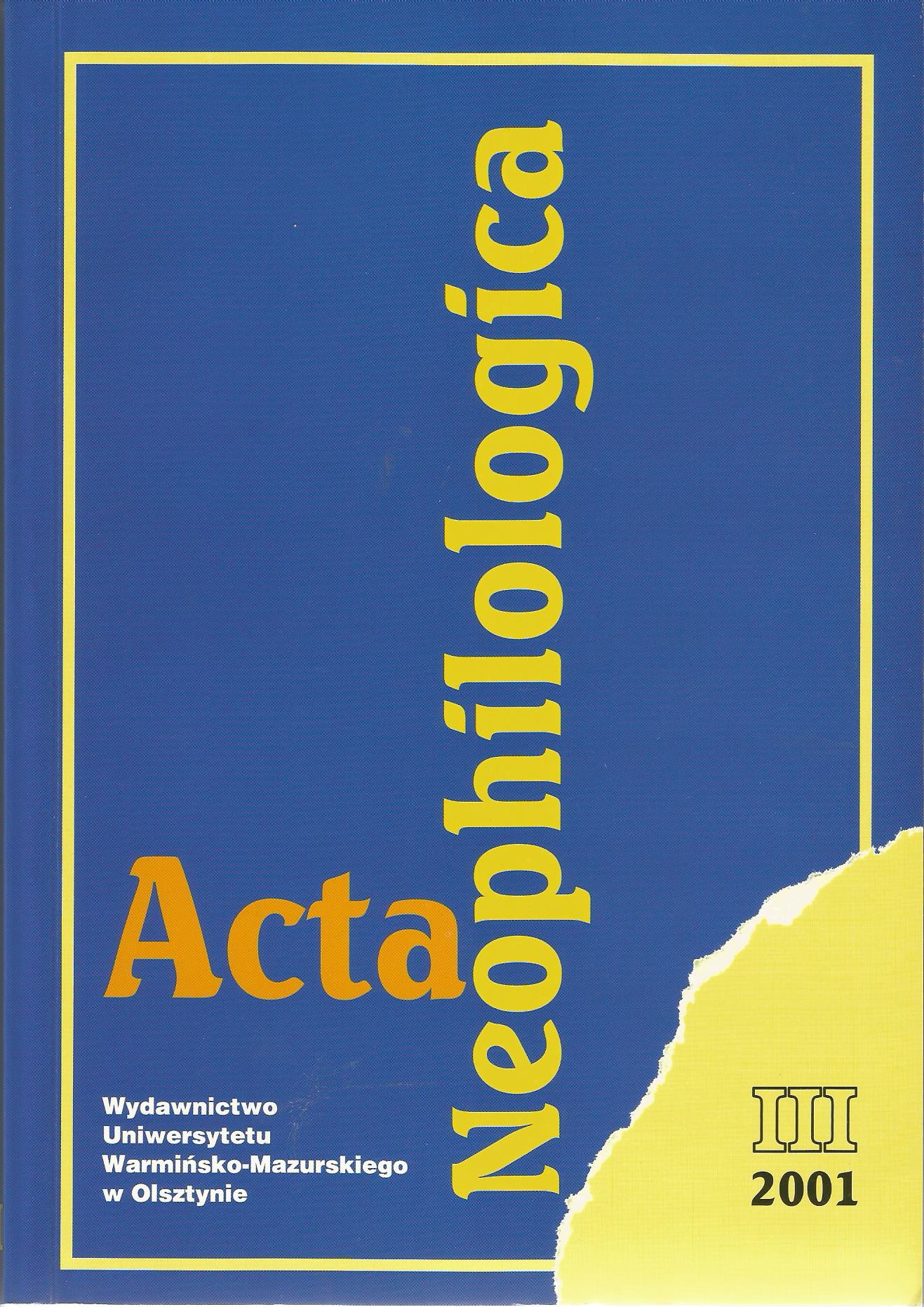
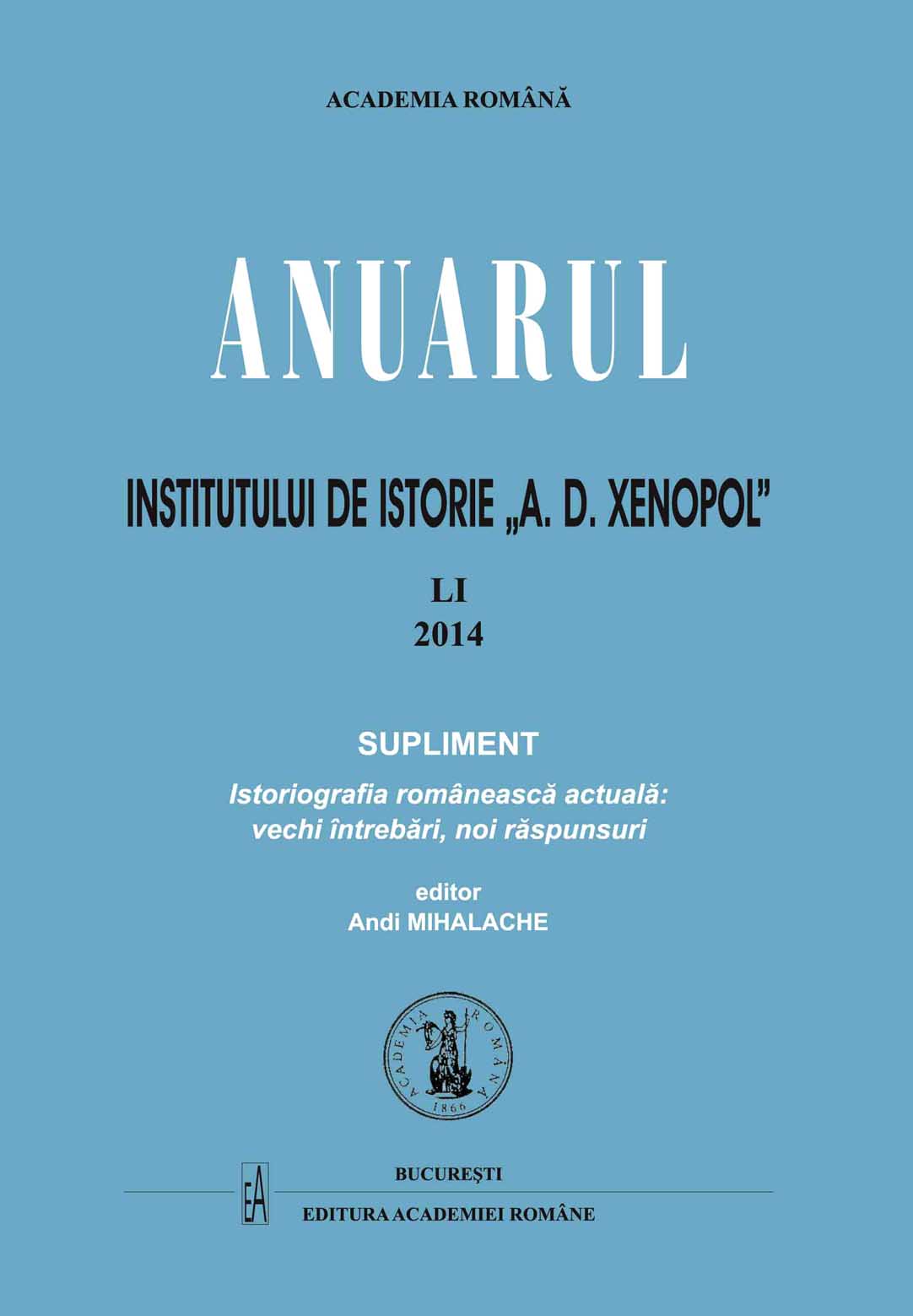
Keywords: Mihail Roller; propagandists historians group; Andrei Oțetea; dogmatic spirit;Solomon Știrbu;
Separation of the communist regime from the dogmatic spirit that was implemented during the Romanian Stalinization occurred with a higher difficulty, the signs of changing being difficult to be detected after Stalin’s death. The speech of power has proved to be moderate, one where the liberal spirit should have been explained without resorting to means and despicable attitudes to the old guidelines, by correlating to the absolute meaning of the Moscow document in which the Stalinist past was subjected to harsh criticism. Romanian leaders expressed reluctance regarding the new decisions taken at Moscow, so therefore they displayed their constant fear of a possible return to the context that enabled their ascension and also education after Stalinist standards. The excessive authority used by the propagandists historians group, who were coordinated by Mihail Roller and Solomon Știrbu has quickly become the main responsible for the regression of historical science. The signs of restriction of the influence held by the one who directed the Romanian historiography on a Soviet direction hasn’t intersected with the idea that he should be totally removed from governing positions of the academic space. Being one of the few specialists who came near − truth to be told, sporadically − by the materialist conception of history, Andrei Oțetea became, especially after the marginalization of historians which were part of the Rollerʼs faction, one of the intellectual landmarks within historical materialism.
More...Keywords: parents; assumptions related to the designation by the parents of the guardianship of their child; legal representation.
The current Romanian Civil Code (entered into force on 10 October 2011), unlike the previous Romanian civil legislation, regulates a new legal institution, namely the designation of the guardian of the child by his parent in certain situations (Article 114 et seq. of the Civil Code), apart from the appointment of the guardian by the court. Likewise, the Romanian legislation also regulates the designation of the representative of the natural person, under the special conditions of the Law on the mental health and the protection of persons with mental disorders No 487/2002 or according to the Law No 272/2004 on the protection and the promotion of the child’s rights (republished on 5 March 2014) assuming the child’s parents are working abroad. All these assumptions of designation of the guardianship of the child by his parent represent the object of analysis of this study.
More...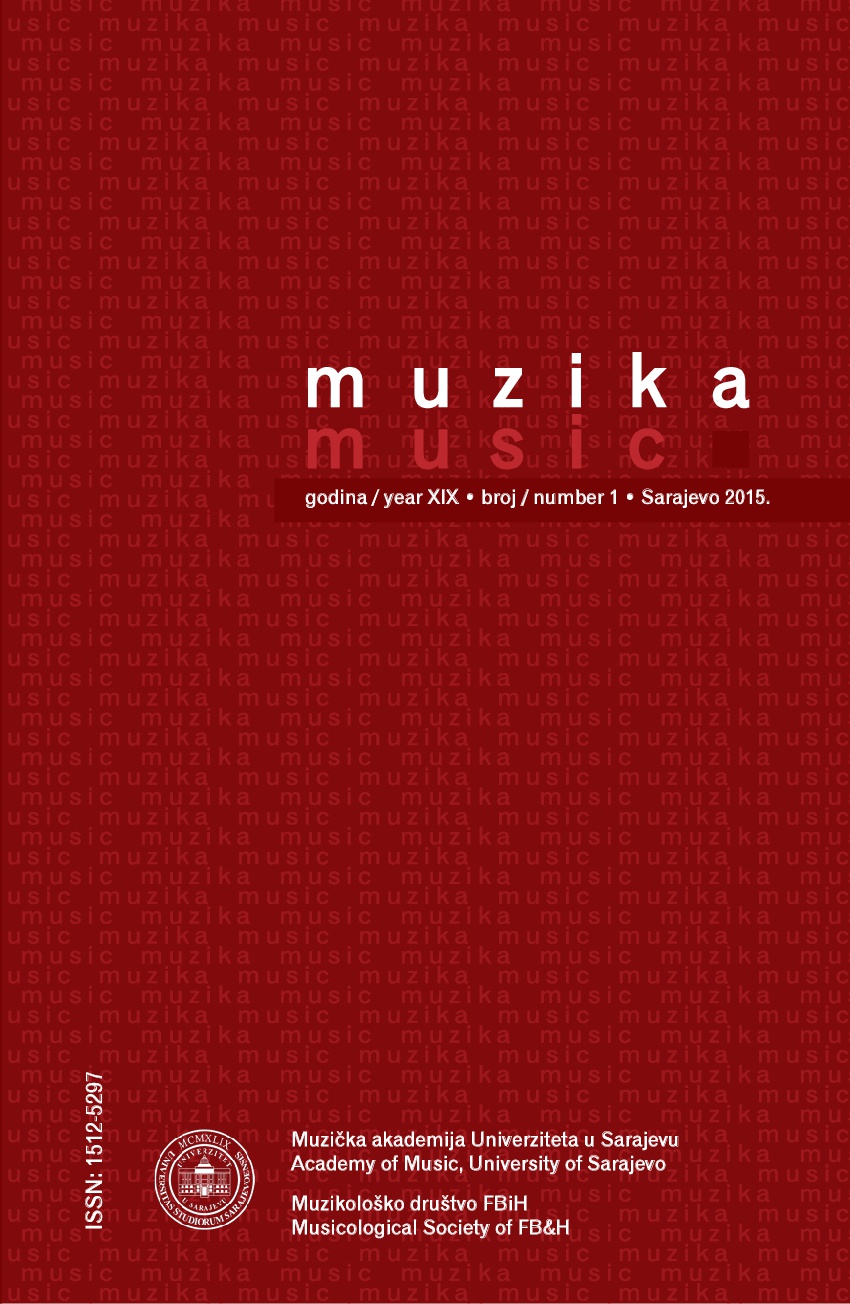
Review of: Ivan Čavlović ̶ Zbornik radova: Proslava 110 godina od rođenja prve bosanskohercegovačke etnokoreologinje Jelene Dopuđe, Univerzitet u Sarajevu, Muzička akademija u Sarajevu, ICTM Nacionalni komitet Bosne i Hercegovine 2014, str. 271, ISBN 978-9958-689-11-6
More...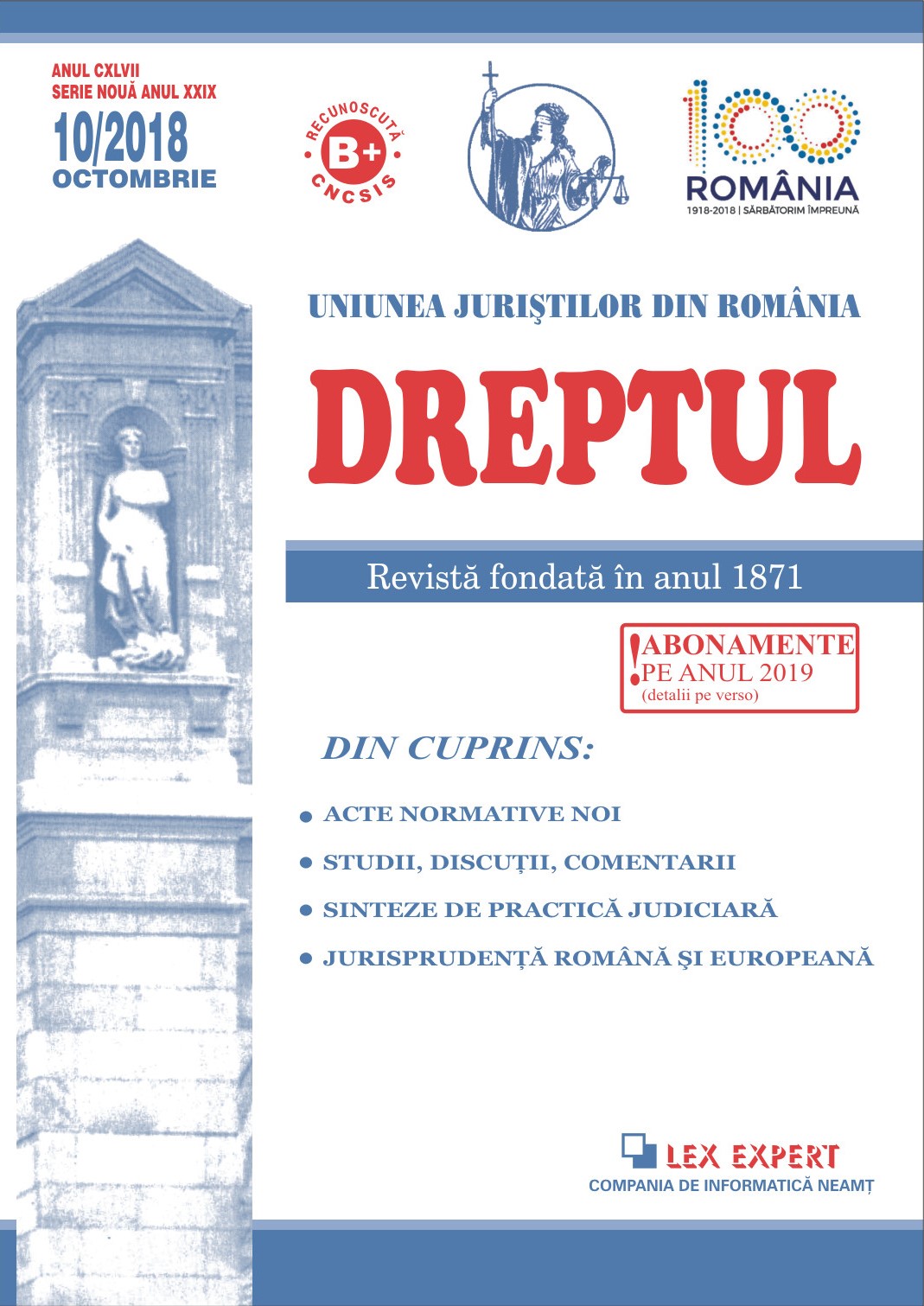
Keywords: the Regulation (EU) No 679/2016; processing of personal data; right to the protection of personal data; access to personal data; person in charge with the data protection
In the present study we will try to find the answer to the question: „What can a natural person do when his/her right to the protection of personal data has been violated?”. The natural person having his/her habitual residence in Romania, who suffered damages in a cross-border context, will be taken as a reference system, in an attempt of „guiding” him/her to the competent authority for dealing with the judicial issues that have arisen. The legal basis for answering the question will be the Regulation (EU) No 679/2016 on the protection of natural persons with regard to the processing of personal data and on the free movement of such data. In the first part of the study the terms used to explain the right to the protection of personal data and its violation will be clarified, and in the second part the administrative and/or judicial ways that the natural person can follow in order to restore the violated right will be discussed.
More...Keywords: history of Romanian electronics;
Electronics was born along with the 20th century. Its precursors in communications, telegraphy and telephony, were applications of electrotechnical engineering, which only became electronical after the discovery and adoption of electromagnetic waves as a carrier of information, and particularly after the invention of amplifying vacuum tubes.First communications in Romania via electromagnetic waves were achieved in 1901, virtually at the same time with the accomplishments of Marconi and Popov. The lack of a tradition in electrotechnics, as well as limited resources, caused the evolution of electronics in our country to progress at a different pace, and sometimes with different priorities, than worldwide.This paper aims to succinctly present this evolution for the widely recognized domains of Telecommunications, Professional Electronics, Computer Engineering, Components.While subtitled "milestones", the paper is rather ample, and was therefore split into three sections: - first section refers to the first semicentennial of Romanian electronics, where the four domains are largely commingled, similarly somewhat to the worldwide evolution back then; - second section covers the second half-century of Romanian electronics in Telecommunications; - third section follows the evolution of Professional Electronics, Computer Engineering and Components during the same period.
More...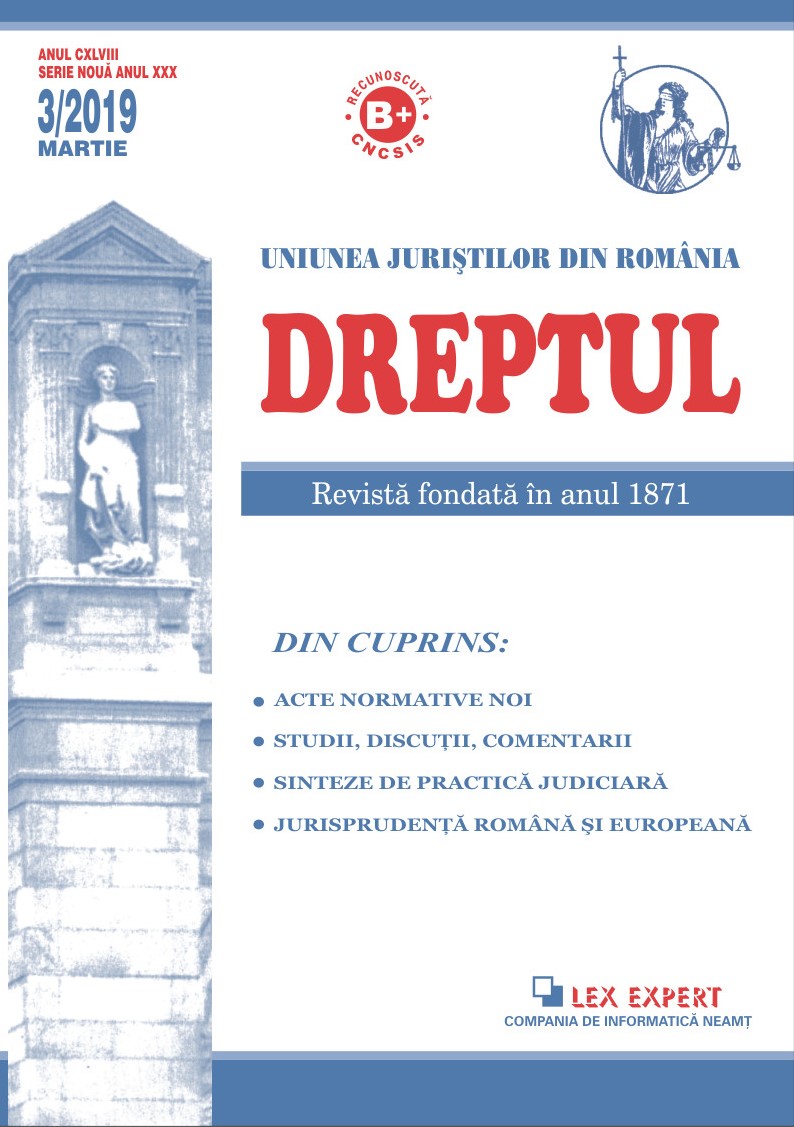
Keywords: collaborative economy; collaborative platform; prosumer; professional; applicable law;competent court;
The evolution of technology has facilitated the development of the so-called collaborativeeconomy. Through collaborative online platforms, which „remove” the borders between states,various services such as short-term housing rental (Airbnb type), urban transport (Uber type),pet-sitting (PetBacker type), and others are provided. In Romania, the activities specific to thecollaborative economy are in full development, in the context of the absence of some regulationsspecific in the matter.The purpose of the paper is to determine the role of the service provider in electroniccontracts concluded through collaborative platforms and to which rules they must be subjected,taking as reference system the service provider with the habitual residence in Romania. It isanalysed only the situation of service providers – natural persons, which can be grouped into twocategories: a category of persons providing various services on an occasional basis, in leisuretime, in order to obtain additional incomes (the so-called prosumers), category which is the basisof the collaborative economy, and the second category, which includes the persons who provideservices on a regular basis, on a continuous basis, on their own and aiming at obtaining profit.The distinction between non-professional and professional service providers is difficult to achieve;there are no criteria in the legislation in the field of services for this purpose. The quality ofprofessional or non-professional must therefore be analysed on a case-by-case basis, using therules of the common law. The legal regime depends on the classification of the service providerinto one category or another.The contracts in the collaborative economy are concluded by means of online collaborativeplatforms. Those operating in Romania mostly have their headquarters abroad, which awardsinternational character to the contracts concluded. Using the regulations in force, there are analyzedthe modalities to determine the law applicable to contracts and the authority competent to solve the disputes, which may arise between the service provider and the platform or between the serviceprovider and their user.The study captures only a small part of the collaborative economy phenomenon and seeks toclarify some day-to-day situations, which can give rise to some complex legal problems.
More...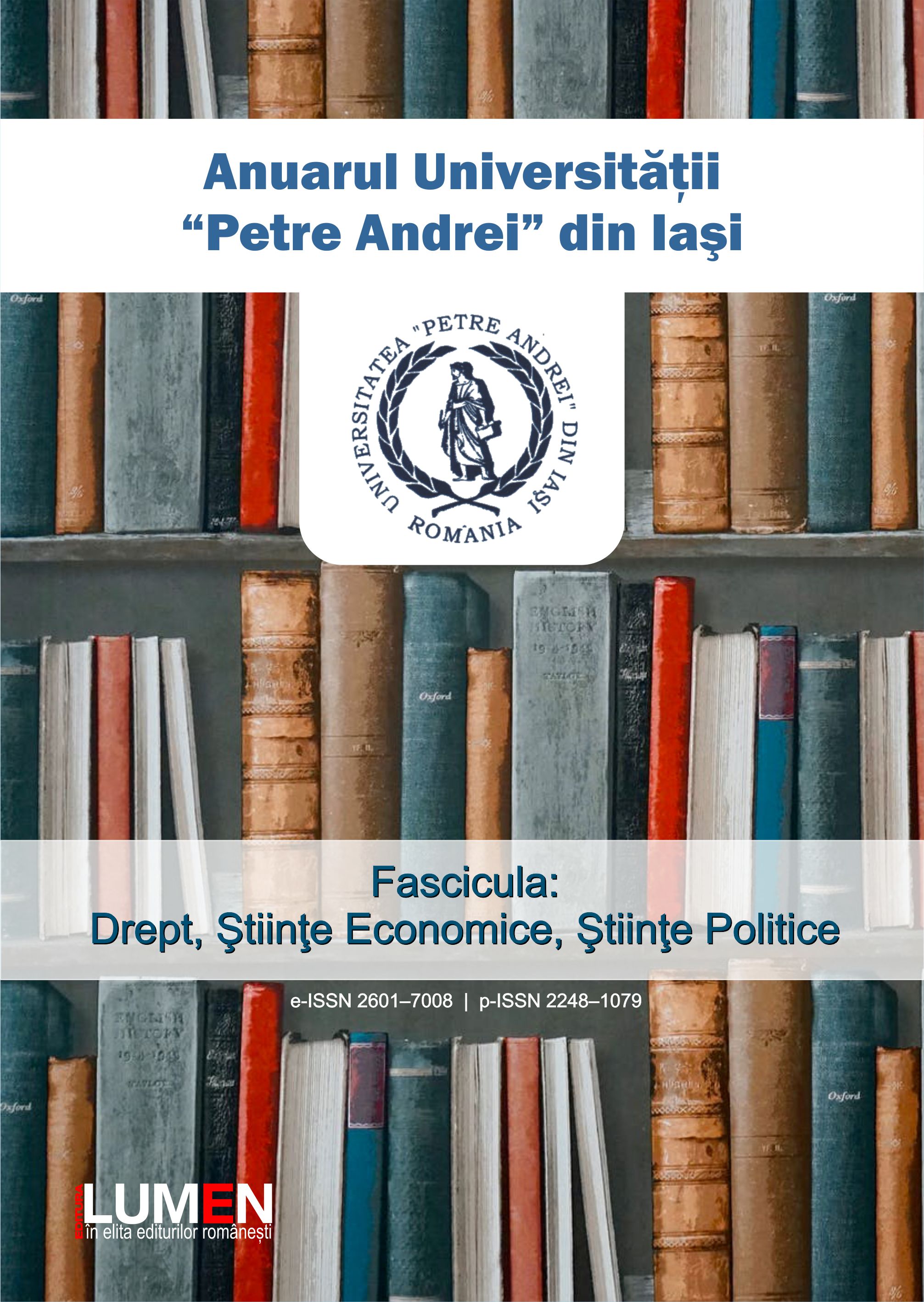
Keywords: leadership; Romanian presidents; Nicolae Ceauşescu; Ion Iliescu; Emil Constantinescu; Traian Băsescu;
Leadership style has received significant attention in the management literature, but the topic has been studied also by political scientists, sociologists, psychologists, and anthropologists. The authors of this paper provide a general framework for the systematic study of leadership, and then apply various typologies to all Romanian presidents who have servedat least onefull term. After defining leadership and leaders, summarizing leadership principles and features, and examining some leadership studies, four Romanian presidents (Nicolae Ceauşescu, Ion Iliescu, Emil Constantinescu, and Traian Băsescu) are categorized taking into account their performance, but also the constraints and opportunities resulting from the environment and political context. The succinct qualitative analysis presented in this paper is based on the framework and taxonomy provided by Roger-Gerard Schwartzenberg, Richard E. Neustadt, and James David Barber, with focus on Fred I. Greenstein’s qualitative study, who examined various presidents in terms of six qualities: proficiency as a public communicator, organizational capacity, political skills, policy vision, cognitive style, and ability to manage emotions and turn them to constructive purposes.
More...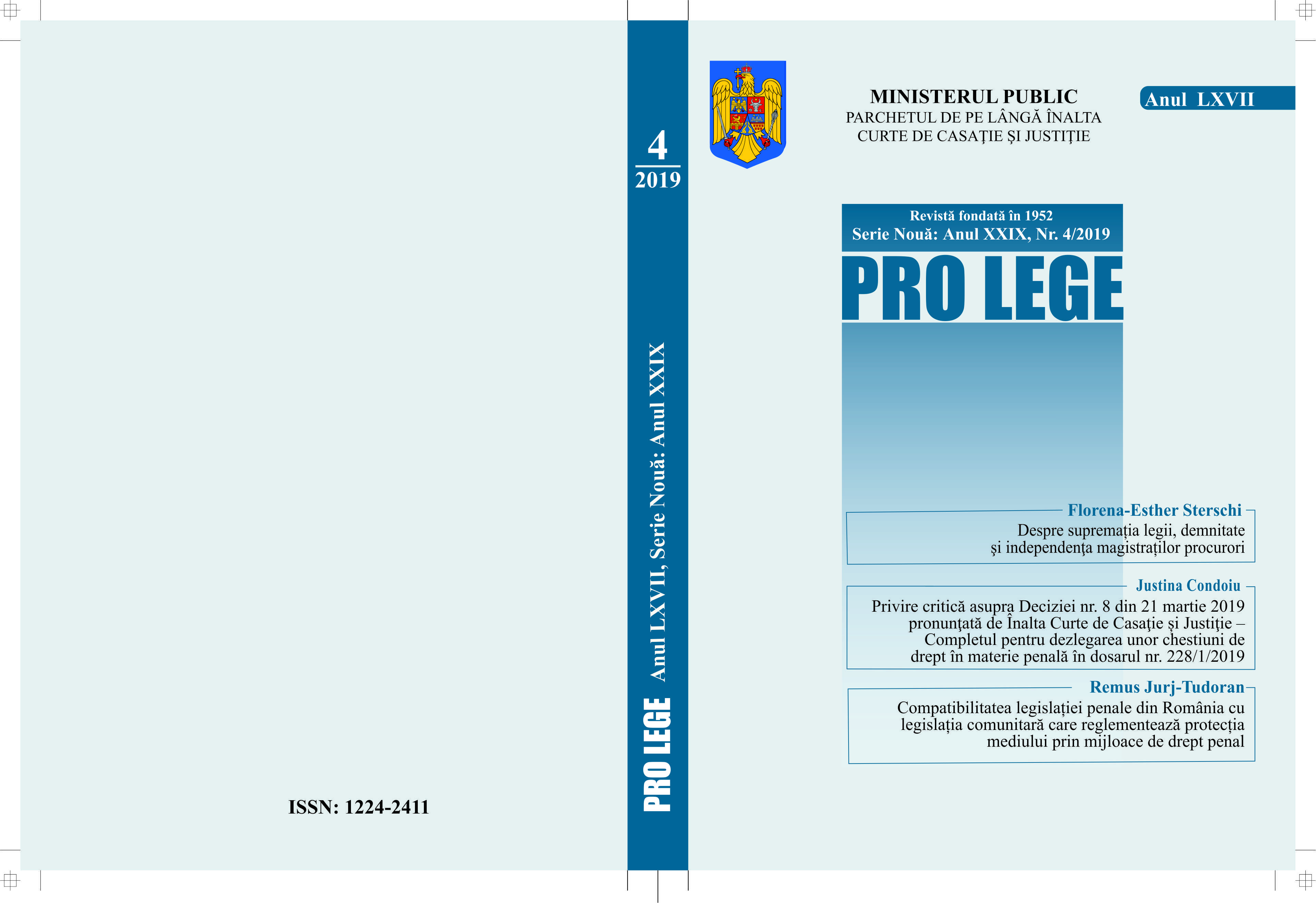
Keywords: disciplinary liability of the judges and prosecutors; judicial reasoning of the documents; erroneous and subjective interpretation of the; evidence contrary to the legal reasoning;
It meets the constituent elements of the misconduct provided by the Art. 99 let. s) of the Law no. 303/2004 regarding the statute of judges and prosecutors, republished, with the subsequent amendments and completions, the deed of the prosecutor who, in reasoning the judicial documents by which he ordered the starting of the criminal action and the prosecution of the persons suspected of committing crimes, made an erroneous and subjective interpretation of evidence, contrary to the logical reasoning, distorting the fact that, based on simple assumptions and judgments purely personal and lacking in truth, he retained the facts and circumstances that did not find their correspondent to the reality, acting with intent, whereas it had the representation of the way in which it understood to actually and legally argue, the judicial documents issued.
More...Keywords: Byzantine Empire;Middle Byzantine Period;arched sleeve cross-guard of a sword;combat pickaxe
The authors of the paper focus on a separate arched sleeve cross-guard of a sword, and three combat pickaxe heads with spear-like blades and blunt butts from the collections of the National Museum of Romanian History (MNIR) in Bucharest. The separate sleeve cross-guard was found in the Byzantine fortress of Dinogetia (Garvăn – Bisericuţa, Tulcea County, Romania; inventory number 17339 at the MNIR). The aforementioned combat pickaxe heads come from the hoards of Dragosloveni (Vrancea County, Romania; inventory numbers 69469 and 69470 at the MNIR) and Radovanu (Călăraşi County, Romania; inventory number 102318 at the MNIR). The paper discusses the origin, dating, and archaeological context of the examined weapons. Analogies to the arched sleeve cross-guard from Garvăn – Bisericuţa might particularly have been used in the Byzantine Empire and the neighbouring regions from the second half of the 8th century to the 9th century, however its important features – the collar, the (pointed) quillon bent towards the sword blade, and the arched sleeve – can be identified on swords from the Menologion of Basil II (between 979–989 and 1001–1016) as well. The three mentioned combat pickaxe heads with spear-like blades and blunt butts fall into the Danubian axe type from the territory of the Lower Danube region. The dating of this type is based on the dating of the mentioned hoards, i.e. ca. the 10th century
More...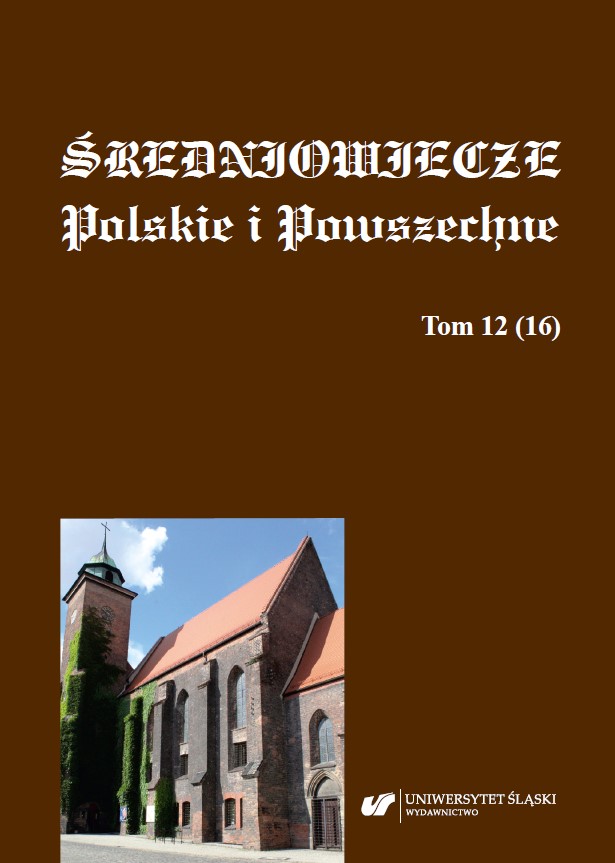
Keywords: Moldavia; Poland; Jagiellonians; Transylvania; the Battle of Mohàcs
The aim of the article is to present the history of Transylvania after the Battle of Mohàcs in 1526. The defeat of Hungary and the death of King Louis II the Jagiellonian in the battle changed the power structure in Central Europe. An agreement was made between the Jagiellonians and the Habsburgs in 1515; it was strengthened by marrying Louis the Jagiellonian to Maria Habsburg and by marrying Anna the Jagiellonian to Ferdinand Habsburg. After the death of Louis, who left no heir, the political power in Czech and Hungary was to go to the Habsburgs. However, there was no unanimous agreement on the candidate; as a result, a double election happened after the death of Louis the Jagiellonian. The gentry assembly in Székesfehérvár in November elected Jan Zápolya king, while the supporters of the Habsburgs elected Ferdinand at a competing assembly. The war became inevitable. Zápolya sought help in Turkey, hence Hungary became an area where two forces competed, the Habsburgs and Turkey. Transylvania, which was a part of the state of Hungary at the time, stood in the centre of the conflict. Transylvania remained in the focus of attention for Jan Zápolya and for Ferdinand Habsburg, but also for Petru Rareș, a Moldavian hospodar, and for the Sultan himself as well. The article aims to delineate this situation, with particular insight into the relations between Jan Zápolya, Petru Rareș, and Turkey.
More...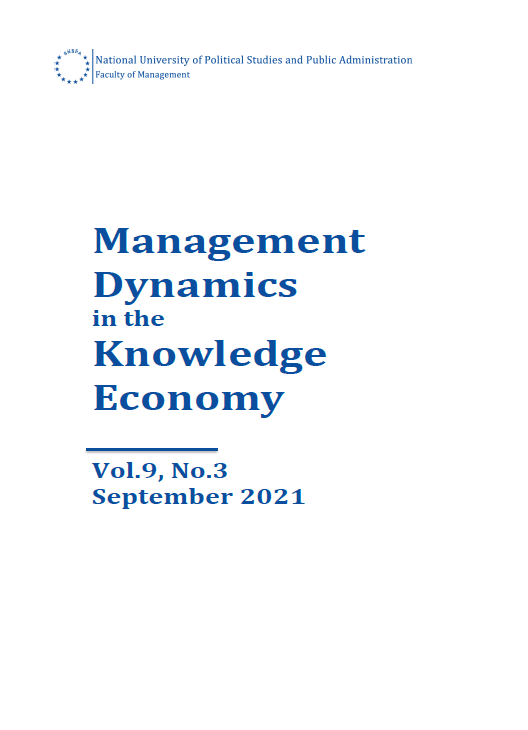
Keywords: Idea-generating; business ideas; business opportunities; creative thinking; idea management; ideation;
The traditional methods for generating venture ideas are in use for more than 70 years in the business, while the development of information and communication technologies (ICT) opened new opportunities for generating and harvesting business ideas, available to entrepreneurs of any kind. Our initial research discovered that there is a missing link in the academic literature between the traditional and the emerging online methods for generating business ideas and therefore, in this paper, we study the traditional and online sources and methods in parallel. The purpose of our study is to improve the venture idea creation process from an applicable perspective, and to add to the existing ideation literature by (1) identifying and classifying the sources of ideas to create the necessary link between the onsite and online access to idea sources; (2) explaining the traditional methods for generating business idea trough their dominant features in order to (3) further identify and elaborate the online sources and ideation methods trough these features and link them to the known traditional approaches. The sources, methods, and tools we examine and elaborate in this paper could be used for both, generating ideas for traditional and online business models. Hence, our findings have practical and applicable value for the first step in the entrepreneurial process. Additionally, our study could be used as a starting point for further research in the field of online ideation, a field that needs to be yet, more extensively, addressed by practitioners and research scholars.
More...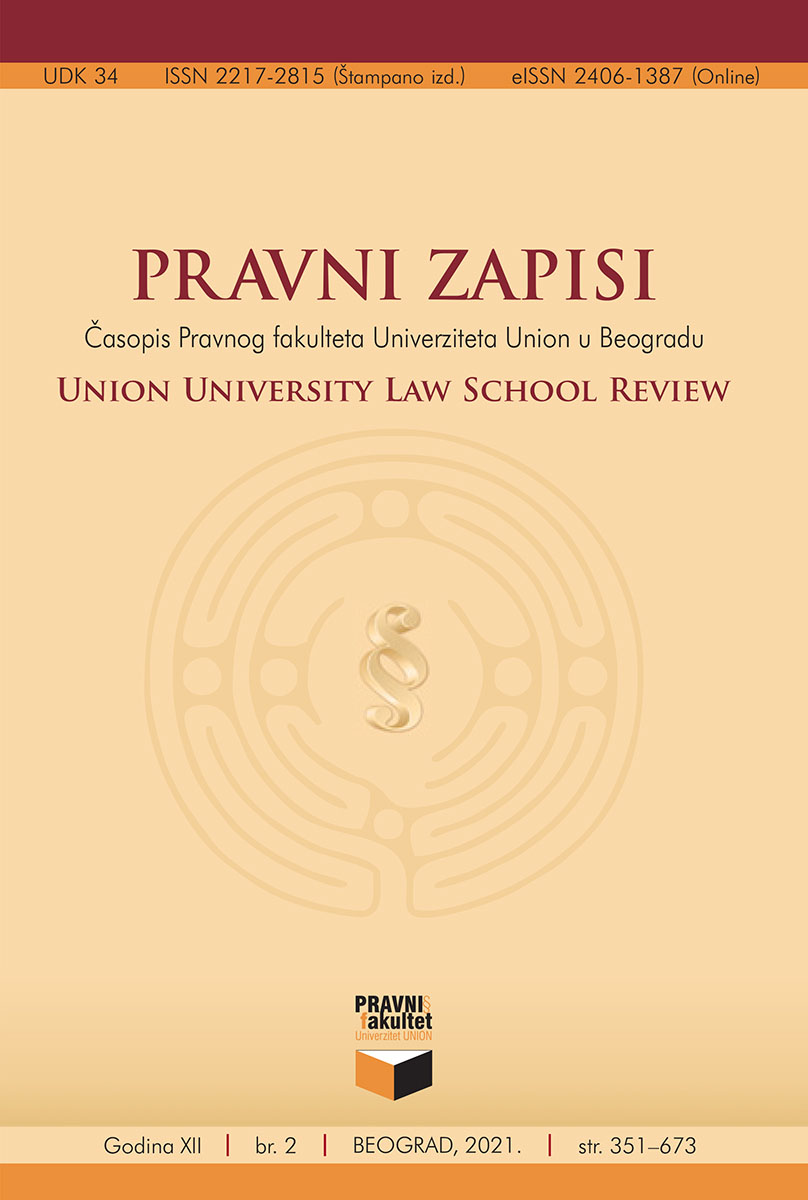
Keywords: anonymous birth; child rights; right to identity; European Court of Human Rights
The right to identity of the child, internationally recognized by the UN Convention on the Rights of the Child, is one of the most important in the corpus of child rights. Its structure is complex since it includes several narrower rights. Nevertheless, the situations where it comes to restriction of the right to identity are not negligible. One of them is the right to anonymous birth, the possibility acknowledged by legislators in a certain number of European countries. Conflicting interests between a mother and a child are inevitable consequence of the anonymous birth. The aim of this article is to compare the right to identity of a child and the mother’s right to anonymous birth as insurmountable barrier in determining biological origin. Special attention is paid to the possibility of establishing an adequate balance between their interests, by comparing the importance that national legal system offers to each of them, with appropriate arguments, several different models of motherhood regulations are presented and can be found in European legislations. The analysis also includes the stances of international bodies, especially the European Court of Human Rights.
More...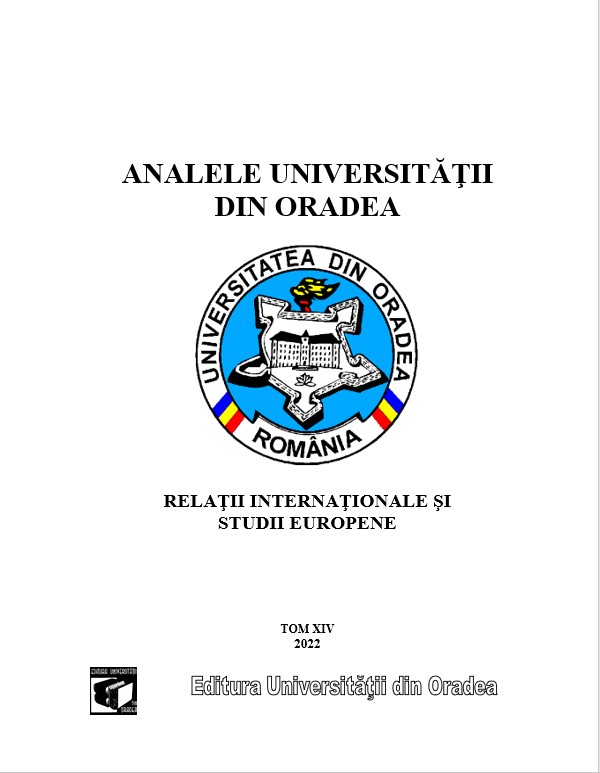
Keywords: democracy; Europe; under-represented groups;
Book review of Gherghina, Sergiu; Mișcoiu, Sergiu & Mokre, Monica (2021), Democratic Deliberation and Under-Represented Groups in Europe, Innovation: The European Journal of Social Science Research”, (34):5
More...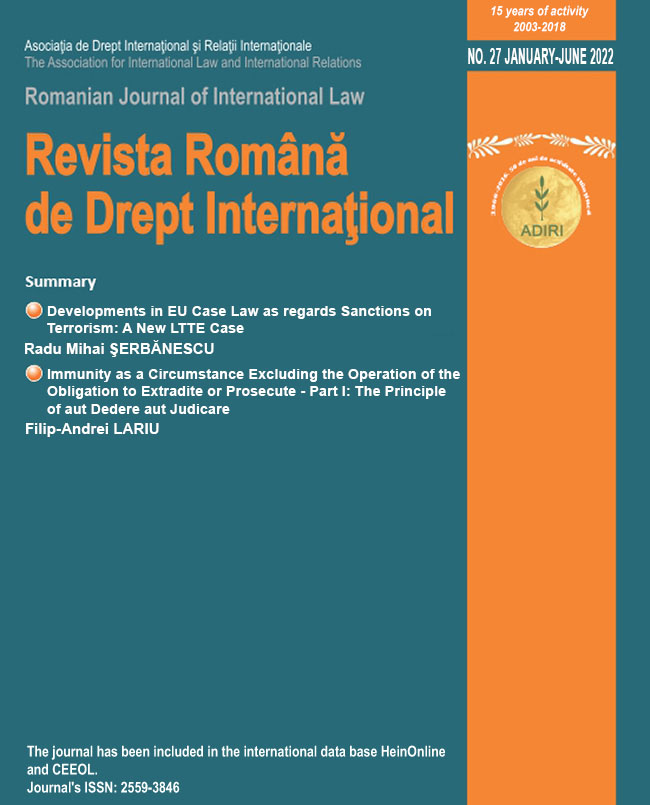
Keywords: investment; arbitration; incompatibility; EU legislation;
On September 21, 2021, the decision of the Court of Justice of the European Union (CJEU) rendered its verdict in Komstroy v. Moldova. In this case the Court ruled that the dispute resolution mechanism provided for by the Energy Charter Treaty (TCE) [Article 26 paragraph (2) c)] cannot be applied to intra-EU disputes, as it is incompatible with European law on the matter. On the same occasion, it also found that an assignment of a claim resulting from an electricity supply contract does not constitute an "investment" within the meaning of the provisions of article 1 para. 6 and of article 26 para. 1 of the TCE.
More...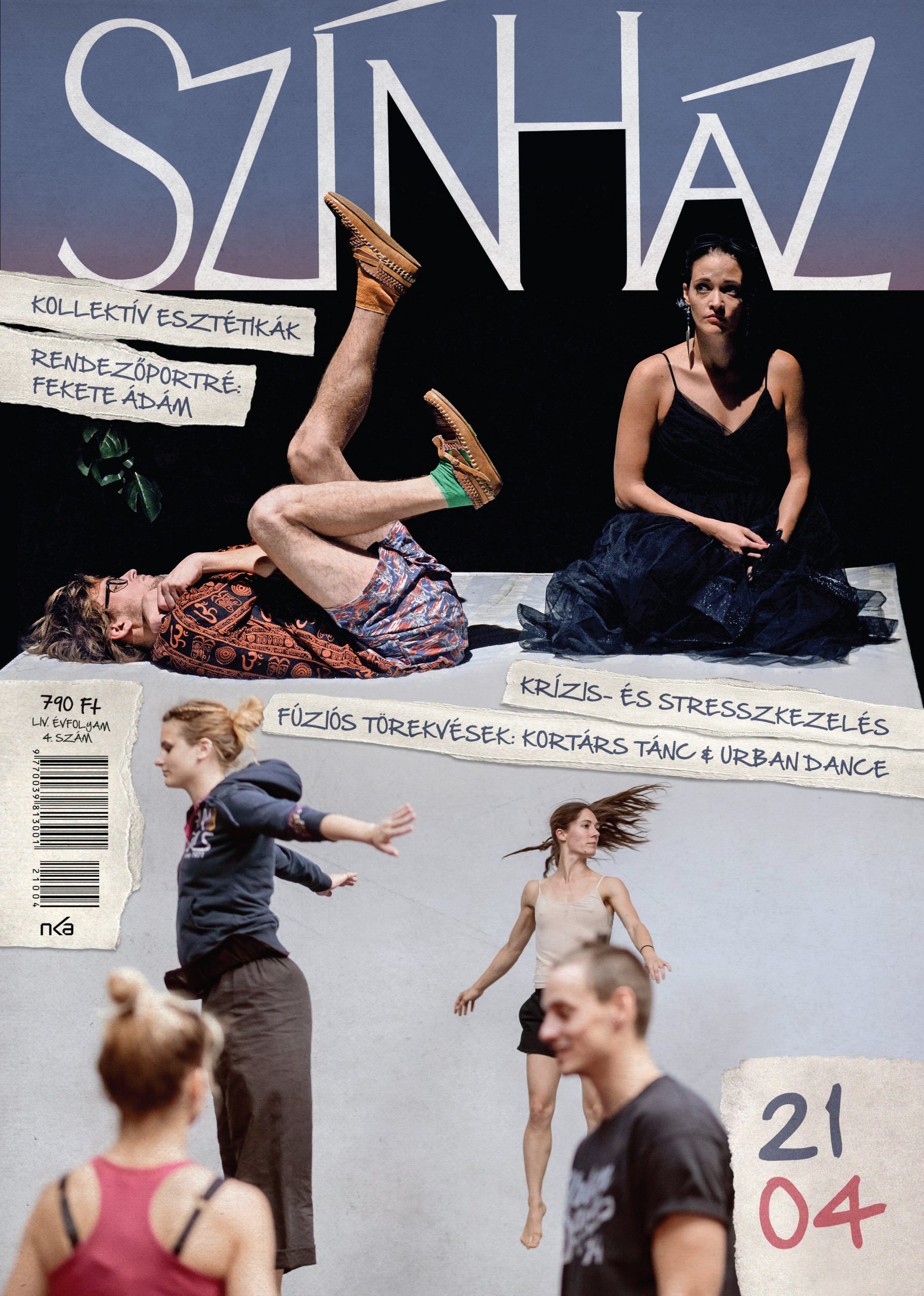
Keywords: collective creation;performance experiment;
An essay on the aesthetics of collective works.
More...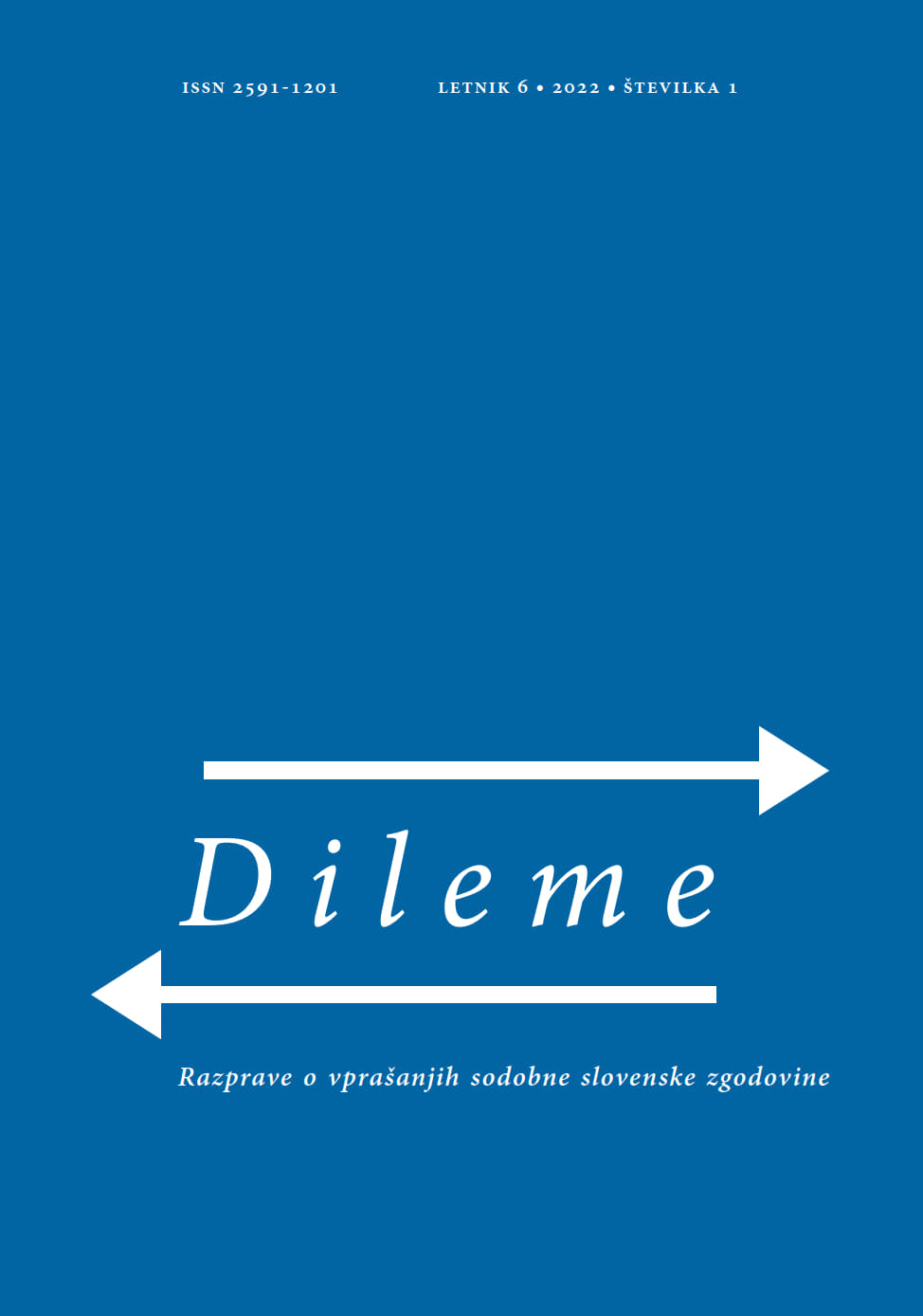
Keywords: Janez Juhant; Lambert Ehrlich; Slovenia; Catholic thought;
Review of: Janez Juhant, Lambert Ehrlich − prerok slovenskega naroda, Mohorjeva družba, Celovec; Celjska Mohorjeva družba, Celje; Goriška Mohorjeva družba, Gorica; Društvo Združeni ob Lipi sprave, Medvode; Teološka fakulteta, Ljubljana 2022, 638 pp.
More...